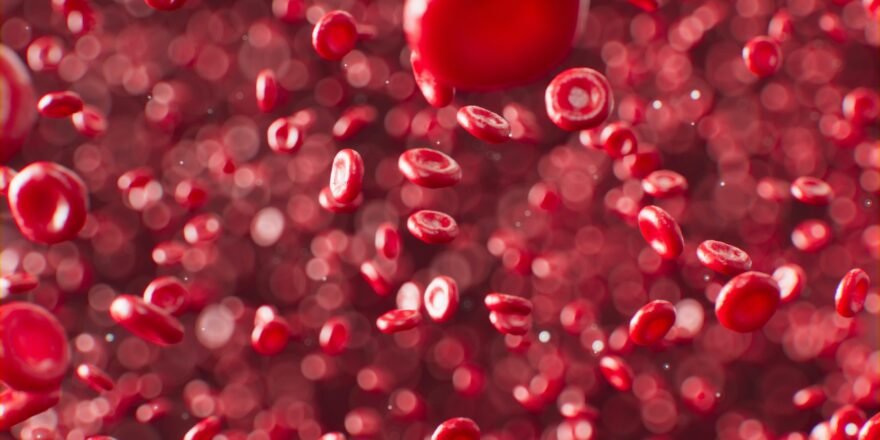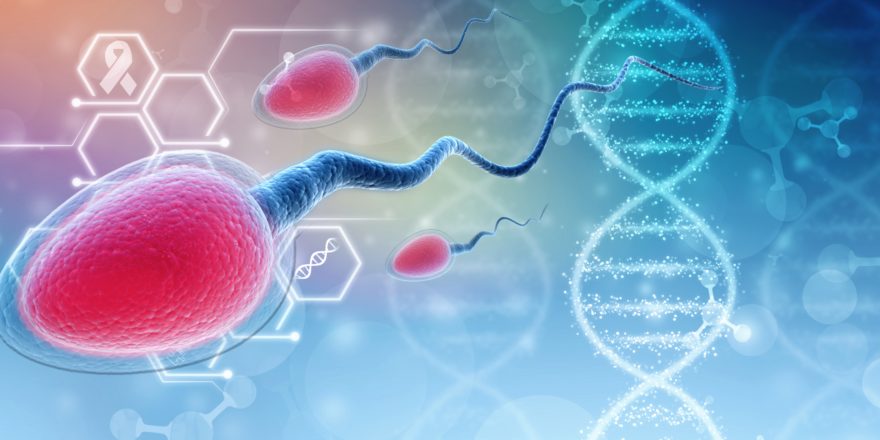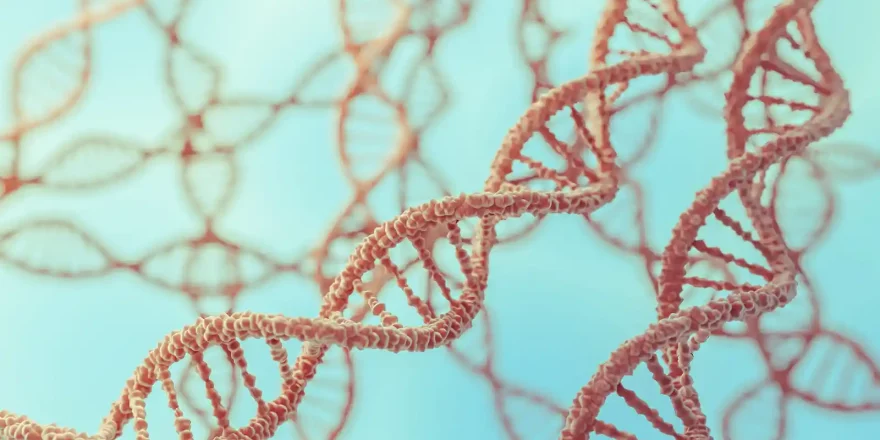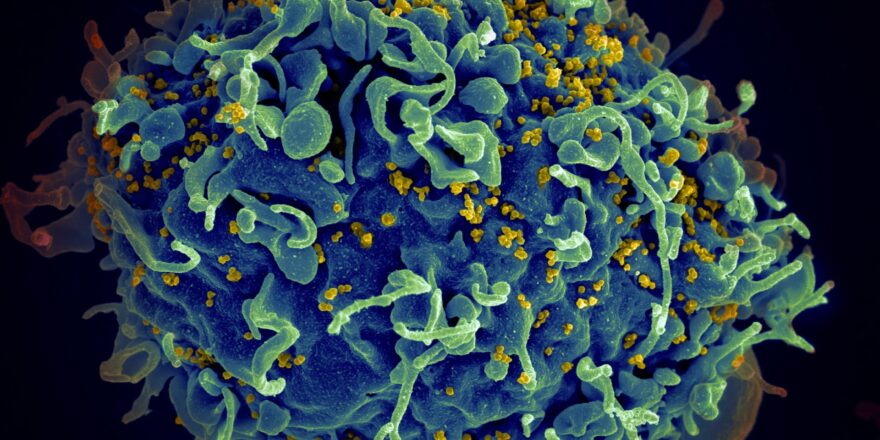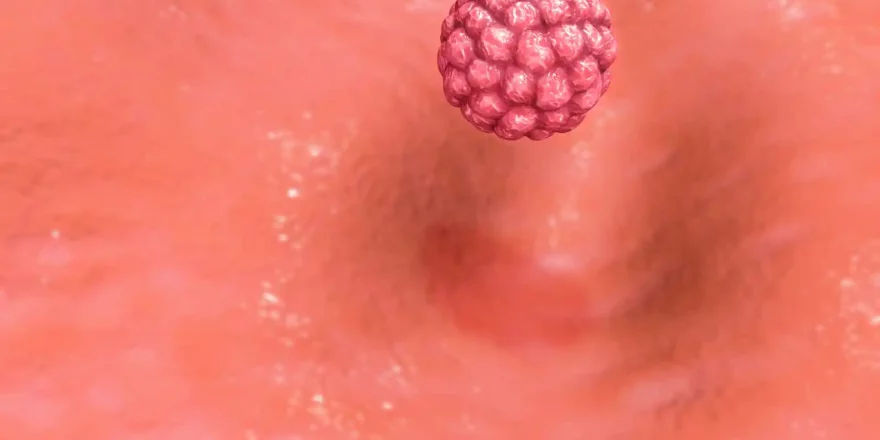Immune treatments revolve around herbal combinations or drugs that adjust either the suppressive or aggressive side of the immune system to improve fertility and health. For a successful pregnancy, both sides of the immune system must recognise and react to the arrival of “foreign” cells in the womb. Significant issues are inevitab...
Genetics
There are two significant genetic syndromes that can affect male fertility, which are: Klinefelter Syndrome Congenital Adrenal Hyperplasia Klinefelter Syndrome Klinefelter syndrome is a male-only genetic condition caused by an extra ‘X’ sex chromosome. It’s present in about 1 in 500-1,000 newborn boys. While it’s not an inherited conditi...
Immune Balance and Fertility
Immune balance and fertility are inseparable, and our understanding is growing each year. Most women have a relatively balanced immune system that can adapt to pregnancy. However, many of us have hidden immune problems that make conception and maintaining pregnancy more difficult. Testing is costly, difficult to access, or not considered a pri...
Genetic Conditions
There are three genetic conditions that can affect female fertility with varying degrees of severity, and there are management options that can result in pregnancy for two of the conditions. Turner’s Syndrome Androgen Insensitivity Syndrome Congenital Adrenal Hyperplasia Turner’s Syndrome Turner’s syndrome is a genetic condition that only af...
First Trimester
The first trimester covers the first three months, from conception to the 13th week. During this time, Mum’s body needs to make significant adjustments to accommodate the pregnancy as the baby goes from a simple ball of cells to having all essential organs and structures. Things to do after (and before) you get pregnant Stop smoking and...
Immune Conditions Intro
The immune system is essential for maintaining health and offering the possibility of creating a new life. It protects the body from invaders or rogue cells that can cause disease and is also crucial for growth and development. The immune system needs to be relatively balanced between seeking unhealthy cells (aggression) and protecting healthy...
Second Trimester
The second trimester starts in week 13 and ends in week 26, and it’s a time of rapid growth for the baby. All the major structures and organs were organised in the first trimester, progesterone production has shifted from the corpus luteum to the placenta, and building on these foundations is now the primary aim. The baby’s brain c...
Estrogen and Progesterone
Estrogen and progesterone are the two main female sex hormones, and they’re made by specialised cells in the ovaries. The changing levels of these two steroidal hormones determine the length and health of a woman’s menstrual cycle by altering: The function of the ovaries Growth and receptivity of the uterus lining Shape and functi...
Implantation Failure Treatments
Implantation failure treatments (or how to increase the chances of implantation success) vary according to why implantation is an issue. We have listed 14 reasons for implantation failure and the treatments that match these. We also explore the connection between the six morefertile Fertility Profiles and the likelihood of difficulties with im...
Treatments for immune conditions
Treatments for Immune Conditions Immune balance revolves around the health of the Autonomic nervous system (ANS), and our responses to stress are a significant factor for the ANS. The six different Fertility Profiles have different challenges to optimising their fertility, and improving resilience to stress is one part of this. Immune health r...

